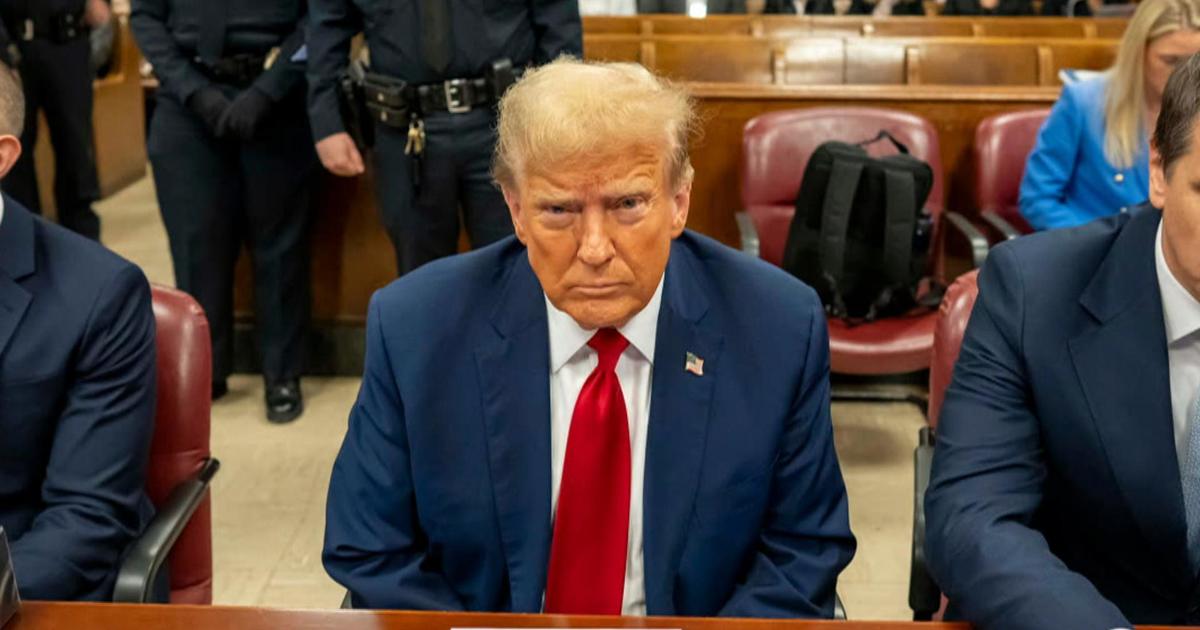The Supreme Court recently heard arguments over whether former President Donald Trump should be immune from criminal prosecution for official acts he took while in office. The decision on this case, which is not expected until June, will have significant implications for a federal case that accuses Trump of attempting to overturn the results of the 2020 election. Jan Crawford provided details on this ongoing legal battle.
The case revolves around the question of whether a former president can be held criminally liable for actions taken while in office. Trump’s legal team argues that as a former president, he should be immune from prosecution for official acts performed during his time in office. This argument is based on the principle that a sitting president should not be distracted by legal proceedings and should be able to carry out their duties without fear of prosecution.
However, the prosecution in the case against Trump argues that no one, not even the president, should be above the law. They contend that if criminal acts were committed while in office, the former president should be held accountable for those actions. This case has significant implications for the rule of law and the accountability of public officials, as it raises important questions about the limits of presidential immunity and the extent of legal protections afforded to former presidents.
The outcome of this case will have far-reaching consequences for the ongoing legal battles surrounding Trump’s actions during his presidency. If the Supreme Court rules in favor of immunity for Trump, it could set a precedent that shields former presidents from criminal prosecution for official acts taken while in office. On the other hand, if the court rules against immunity, it could open the door for further legal challenges and accountability for past presidents.
Overall, the Supreme Court hearing on Trump’s immunity case highlights the complexities of balancing presidential powers with legal accountability. The decision in this case will shape the future of presidential immunity and have long-lasting implications for the rule of law in the United States. As the legal battle continues to unfold, it remains to be seen how the Supreme Court will navigate these complex issues and determine the extent of immunity afforded to former presidents like Donald Trump.









